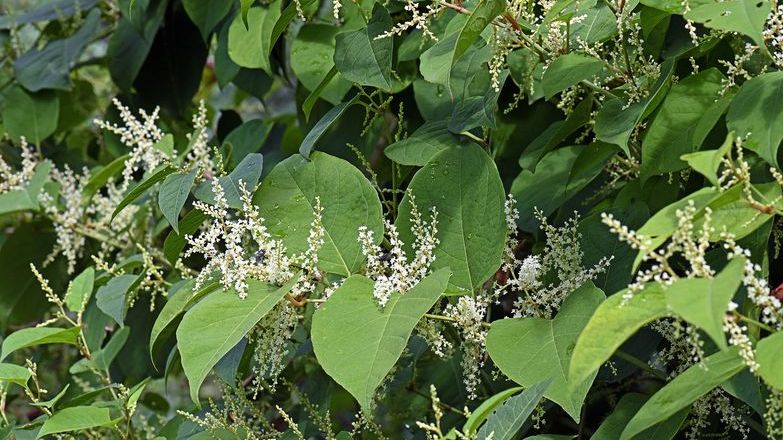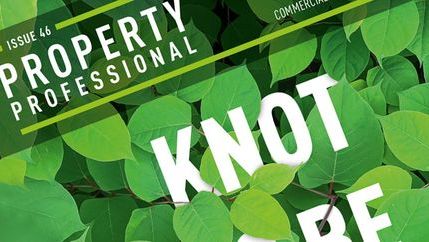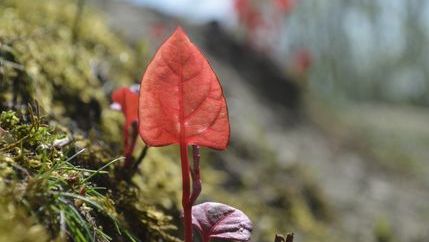
Lord Justice Stephens ruled that while Bridgend Council had failed to tackle the knotweed until 2018, it had existed since 2013. This meant knotweed had already been present for years before the issue was raised so it could be argued that the reduction in value couldn’t be avoided.
A significant problem for property sales
Japanese knotweed,described by the Environment Agency as the UK’s most aggressive, destructive, and invasive plant, often goes unnoticed until a mortgage survey is carried out.
Securing finance on land or property with Japanese knotweed on it or adjacent to it is virtually impossible. In most cases, it means there's no deal until the problem is dealt with. However, UK banks and lending institutions are usually satisfied if an approved contractor can guarantee the treatment of the problem. If a buyer faces the cost of eradicating the Japanese Knotweed, they will negotiate it off the price.
Issue 46: January-March 2022
Getting straight to the facts about our position paper 'The Future of Renting' ahead of Renters’ Reforms. Shared expertise on everyone’s favourite garden import Japanese knotweed, and the often-controversial industry commentator Russell Quirk provides his thoughts on regulation.
Who is responsible for knotweed?
All landowners, whether residential or commercial, must manage invasive non-native species (INNS) on their land, under the Wildlife and Countryside Act 1981 and The Invasive Alien Species (Enforcement and Permitting) Order 2019.
In the case of Japanese knotweed, it’s not illegal to grow iton your land, but if it’s allowed to encroach onto neighbouring property the landowner could face a legal claim for nuisance.
Supporting agents to help their clients
Agents need to have a reasonable level of knowledge of the known issues and be aware of complications the weed can cause. It is also vital to make sure the seller understands that the presence of knotweed is material information that must be disclosed.
Whilst knotweed can now be completely removed within a matter of days, at any time during the year, financially, eradication can become costly if it is left untreated, so it is essential to have the plant dealt with by a professional as soon as possible to avoid further growth and prevent the sale of the property from falling through.
Propertymark has a consumer guide which explains how to identify and treat Japanese knotweed.
The dangers of Japanese Knotweed
Japanese Knotweed can jeopardise the sale of a property. This guide covers what to look out for and what your options are if you believe it exists on your property.






